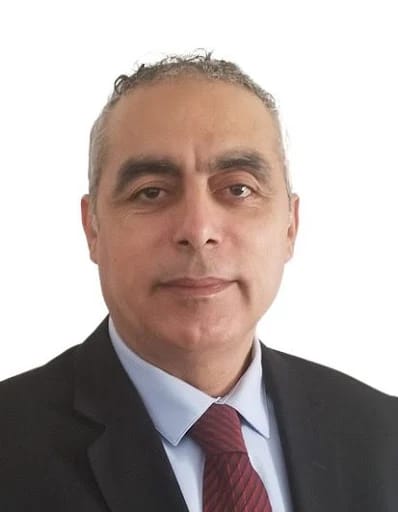By Hosea Parah, Abuja
The humanitarian situation in Gaza has deteriorated to alarming levels, with the death toll exceeding 41,000 as the conflict marks its 342nd day. This escalation has drawn widespread condemnation from human rights organizations and ignited outrage over the perceived complicity of international powers, particularly the United States, in the ongoing violence.
Ambassador Abdullah M. Abu Shawesh of the State of Palestine decried the actions of Israeli forces, asserting that their campaign against Palestinian civilians has reached a point resembling genocide. “Nations that claim to uphold human rights are neglecting these violations, prioritizing political agendas over the lives of innocent individuals,” he stated.
Recent data paints a grim picture. As of September 11, 2024, nearly 95,000 people have sustained injuries, while 10,000 remain unaccounted for, trapped under rubble or lost in the streets of Gaza. Additionally, over 10,400 Palestinians have been arrested, many subjected to severe mistreatment, torture, and lack of medical care.
Highlighting the severity of the situation, the International Day to Protect Education from Attack on September 9 coincided with the commencement of the 2024-2025 school year in Palestine. Yet, more than 630,000 students in Gaza are currently denied access to education, with 25,000 students either dead, injured, or missing as a result of the violence. The destruction of 90% of government school facilities has further complicated matters, forcing many UNRWA-run schools to serve as shelters for internally displaced families.
The United Nations Office for the Coordination of Humanitarian Affairs (OCHA) has reported a distressing decline in humanitarian aid, with only an average of 69 trucks entering Gaza daily, a significant drop from the pre-crisis average of 500. The ongoing starvation campaign launched by Israel has left 80% of the Gazan population facing famine or severe hunger, marking a tragic chapter in post-war history.
Ambassador Shawesh pointed to the recent killing of American activist Aysinur Ezgi Eci by Israeli forces while she was advocating for Palestinian rights. This incident has prompted questions regarding the U.S. administration’s response. Critics argue that the absence of a meaningful condemnation reflects a broader trend of silence surrounding violence against activists and journalists in the region.
In response to these alarming developments, calls for international intervention and accountability are growing stronger. Human rights advocates are urging the global community to take urgent action to safeguard the rights of Palestinians and tackle the escalating humanitarian crisis in Gaza.

